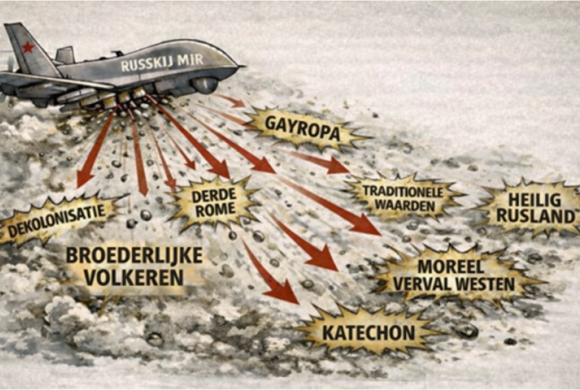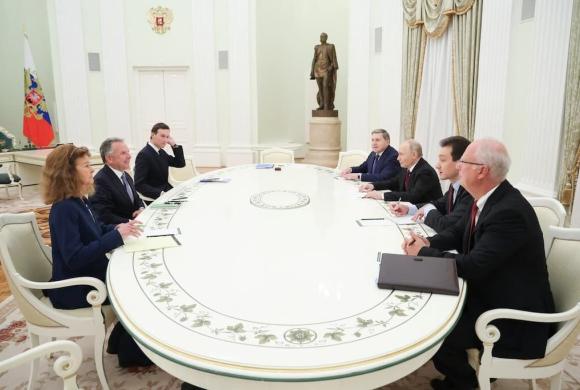
This paper provides the epistemic equivalent of an 'MRI' scan of the English and Russian literature on deterrence in an international security context. Using a variety of different recent datasets and -tools, the paper exposes a surprisingly high number of glaring weaknesses and holes. The paper’s first, more ‘technical’, section presents compelling evidence that the volume, velocity, collegiality and uptake of publicly available scientific insights into ‘security deterrence’ remain decidedly suboptimal – also compared to the other scientific disciplines that have examined human deterrence. The data on the scientific thoroughness of this field also paint a discomfortingly bleak picture, albeit less conclusively so.
The paper’s second, more substantive section equally painfully highlights what it calls the field’s unbearable empirical lightness; conceptual confusion and cacophony (even within language domains); as well as multiple major (highly relevant) epistemic holes and other weaknesses. The paper concludes with some recommendations on how the epistemic community working on these issues as well as the academic and policy communities that fund much of this research can build on uniquely promising new developments in the access to (especially also textual) data to build and validate more granular and trustworthy datasets; in humans’ newfound ability to interact with machine algorithms to semantically parse texts to discover and validate ‘knowledge’ in unprecedented ways; but also – in a more mundane mode – to start incentivizing more organically collaborative ways of knowledge building.
Read the full article here.

The Hague Centre for Strategic Studies
HCSS conducts research and provides advice on geopolitical and defence & security issues to governments, international institutions and businesses. Our research is characterized by a datadriven, multidisciplinary approach, specialist knowledge and a strategic orientation. We combine broad, conceptual knowledge with qualitative and quantitative methods and present our findings in the form of recommendations, strategic explorations and scenario analyses


